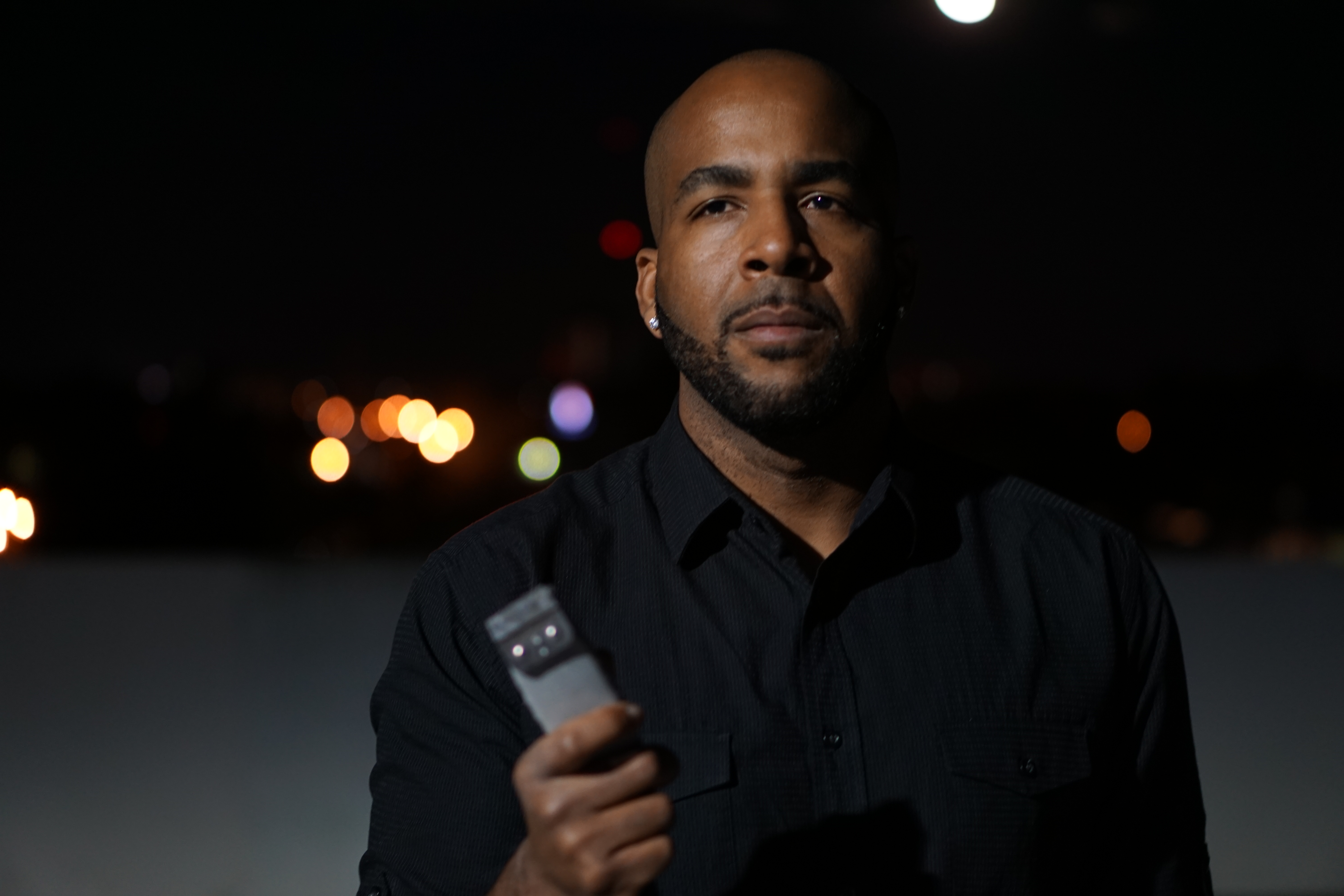Insurance
Liability Insurance:
Any type of insurance policy that protects an individual or business from the risk that they may be sued and held legally liable for something such as malpractice, injury or negligence. Liability insurance policies cover both legal costs and any legal payouts for which the insured would be responsible if found legally liable. Intentional damage and contractual liabilities are typically not covered in these types of policies.
Professional Liability:
Insurance that protects professionals such as accountants, lawyers and physicians against negligence and other claims initiated by their clients. It is required by professionals who have expertise in a specific area because general liability insurance policies do not offer protection against claims arising out of business or professional practices such as negligence, malpractice or misrepresentation.
Tip
Liability insurance protects you! You never know when you might accidentally cut someone. Don’t tell everyone you have insurance, just get it and pray you never have to use it.
Commercial General Liability:
A type of insurance policy that provides coverage to a business for bodily injury, personal injury, and property damage caused by the business’ operations, products, or injury that occurs on the business’ premises. Commercial general liability, or CGL, is considered comprehensive business insurance, though it does not cover all risks that a business may face.
Homeowners Insurance
A form of property insurance designed to protect an individual’s home against damages to the house itself, or to possessions in the home. Homeowners insurance also provides liability coverage against accidents in the home or on the property.
Tip
Some homeowners or rental insurance policies protect personal possessions from theft away from the residence. Over your career you will spend a lot of money on equipment, therefore research different policies to make sure you cover your equipment.
Health Insurance
A type of insurance coverage that pays for medical and surgical expenses that are incurred by the insured. Health insurance can either reimburse the insured for expenses incurred from illness or injury or pay the care provider directly. Health insurance is often included in employer benefit packages as a means of enticing quality employees.
Medigap
Also called Medicare Supplement Insurance, Medigap is health insurance coverage provided by private companies designed to cover excess costs not covered by original Medicare.
Tip
As Barbers a lot of the time we have to provide ourselves with our own insurance coverage since we are often independent contractors. But we often overlook the importance of having a supplemental insurance that may cover additional medical bills or loss of earnings. Do your research and get covered for those times you can’t physically cut due to injury or illness.
Business Automobile Policy – BAP
It is recommended that a company obtain a business automobile policy even if it does not own vehicles if its employees use personal vehicles for business purposes. In the event of a serious accident the employee may not have enough personal liability coverage to adequately protect the business.
Tip
If you have a mobile barbering business it is wise to check out what your personal automobile policy covers and not covers. Certain usage may require you to have a business automobile policy so check with your insurance professional.
Definitions @ | Investopedia http://www.investopedia.com
Injury and Work
Injuries are definitely possible in any work environment. A barbershop is no exception to it.
If you are working as an employee, then your relevant state’s laws may offer work-accident compensation, where your employer will be responsible for giving you compensation pay until the doctor says you are fit to return working. A permanent disability, such as losing a hand, ear, or eye has other more detailed coverage. Consult your state laws for more information on workplace injuries insurance.
Keep in mind though that illnesses such as common cold or flu do not count as workplace injury and are not compensated through state laws.
However, if you are working as an independent contractor, then you may need to apply for secondary insurance coverage. Again, check your relevant state laws for further information.



